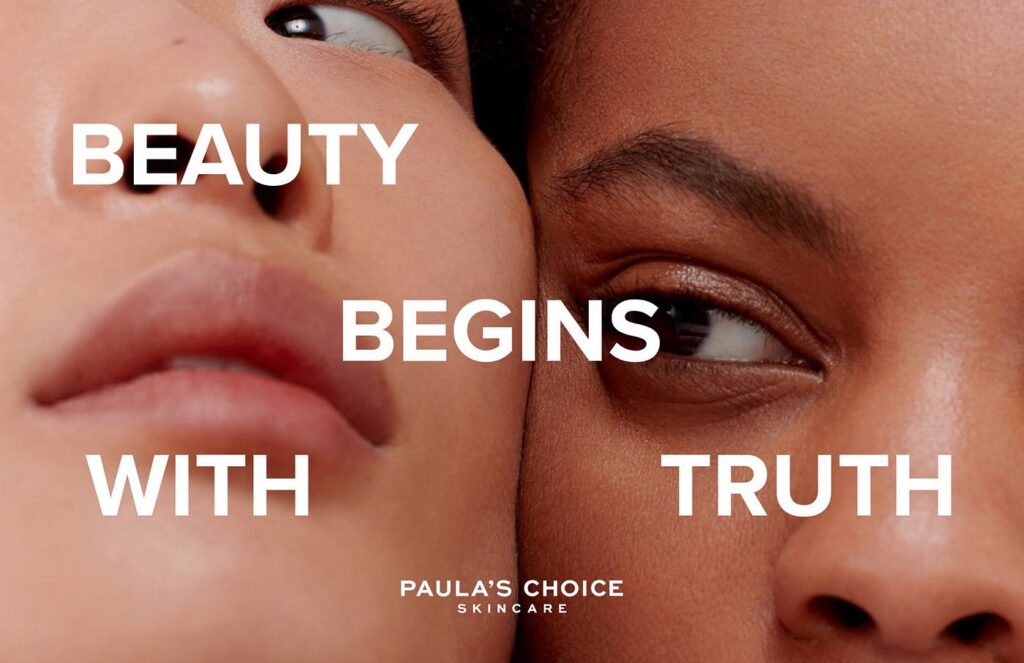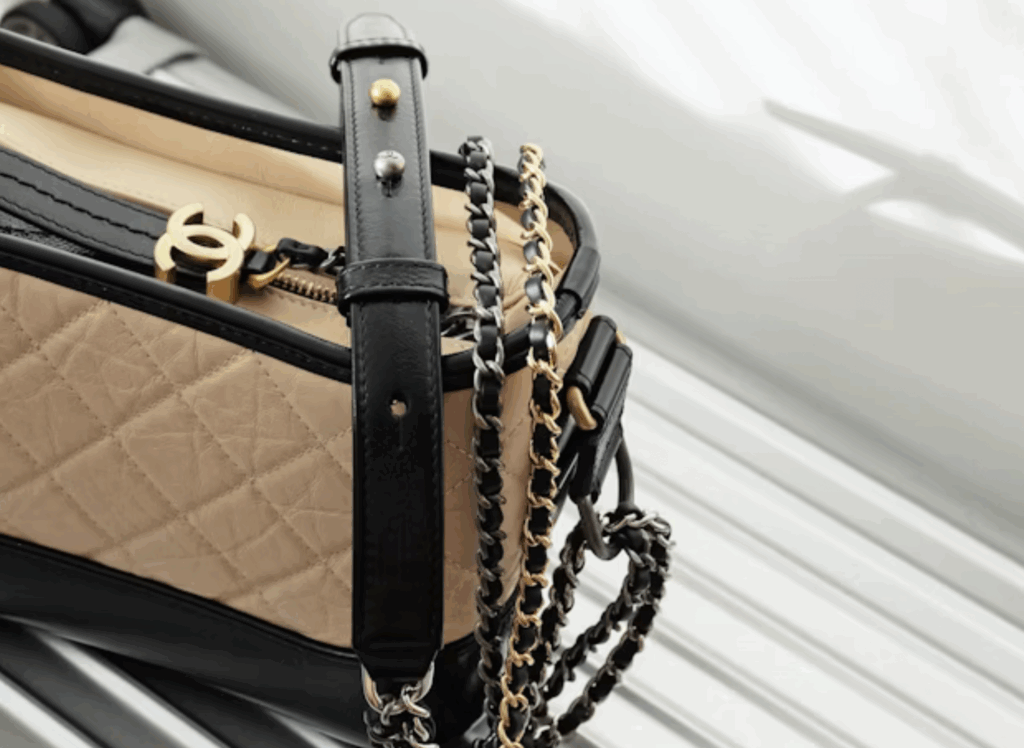From buzzy skincare to haircare products, “Made in USA” claims are on the rise in the cosmetics and beauty segment of the market, as companies look to bank on the label in current economic climate. At the same time, a growing number of brands are coming under legal scrutiny for making these claims. In recent months, at least three cosmetics companies – Mielle Organics, John Paul Mitchell Systems, and Paula’s Choice – have been hit with proposed class action complaints for making use of allegedly deceptive “Made in USA” labeling.
The cases center on whether these companies misled consumers by branding their products as “Made in USA” without adequate disclosure that key ingredients are sourced abroad. More broadly, the litigation may point to a bigger reckoning underway in the consumers goods space, where aggressive marketing and increasingly savvy consumers are on a collision course with the Federal Trade Commission (“FTC”)’s Made in USA Rule – and with a class of plaintiffs increasingly willing to test it.
Regulating “Made in USA”
In the lawsuits at issue, the consumer plaintiffs respectively accuse Mielle Organics, Paula’s Choice, and Paul Mitchell of running afoul of California’s unfair competition and false advertising laws and breaching the FTC’s Made in USA labeling standards. The FTC’s 2021 rule expressly prohibits unqualified claims of U.S. origin unless a product’s final assembly and virtually all components are made and sourced domestically. These cases argue that the companies fell short of that standard.
In a case waged against Mielle Organics, in particular, the plaintiff alleges that the brand’s Rosemary Mint Scalp & Hair Strengthening Oil is prominently marketed as “Made in the USA,” despite containing foreign-sourced ingredients like tea tree oil and coconut oil – neither of which are produced in commercial quantities in the U.S. The complaint also challenges the company’s “natural” and “organic” claims, citing the presence of synthetic ingredients, and goes a step further, accusing Mielle of marketing unapproved drug claims in violation of FDA rules.
Similarly, in the more-recently filed suit against Paula’s Choice and its parent company Unilever, Plaintiff Kaitlyn Roblyer alleges that Paula’s Choice misrepresents its 2% BHA Liquid Exfoliant – and a wide swath of its product portfolio – as being “Made in the USA.” The label is not just on the packaging, Roblyer maintains, but is front and center on Amazon listings, brand websites, and product FAQs. The problem, according to the complaint, is that the products contain ingredients like Camellia sinensis (tea leaf extract) and Glycyrrhiza glabra (licorice root) – none of which are grown in the U.S. at scale.
Still yet, in a case targeting the maker of Paul Mitchell-brand haircare products, the plaintiffs allege that Paul Mitchell used unqualified “Made in the USA” claims on its products, causing consumers to purchase the products or pay more of them than they would have had they known the truth about their origin.
A Marketing Strategy with Legal Risk
These cases hinge on a key premise: that unqualified “Made in USA” claims are material to consumer decision-making, particularly in markets like California where state law mirrors (and in some ways sharpens) federal guidance. These types of claims are strictly regulated under both the FTC rule and California’s Business & Professions Code. As such, brands must not only ensure that final manufacturing takes place domestically, but also that all – or nearly all – components are of U.S. origin. Failure to do so can result in legal exposure, even if the company believes the foreign inputs are minimal or non-essential.
The California Supreme Court’s decision in Kwikset v. Superior Court looms large in both cases. In its 2019 decision, the court affirmed that consumers who purchase products based on false “Made in USA” claims suffer economic injury under California’s consumer protection laws – even if the product performs as promised. In other words, buying a product you otherwise would not have as a result of deceptive labeling is enough to trigger liability.
That is particularly salient in the cosmetics and personal care space, where domestic manufacturing has become both a differentiator and a value signal. In a post-pandemic market defined by heightened consumer awareness, supply chain skepticism, and increasing demand for transparency, “Made in USA” is more than a label – it is a brand story. And still yet, it is also a legal representation.
The lawsuits against Mielle, Paul Mitchell, and Paula’s Choice, and others like them, suggest that some brands may be treating origin claims as a flexible marketing tool, rather than a legally enforceable standard. Whether by omission or overstatement, the failure to clearly qualify foreign components – especially in the context of a regulated term like “Made in USA” – can be costly. That risk is magnified when the claims extend across multiple sales channels, including Amazon, third-party retailers, and social media. Both lawsuits reference extensive marketing across digital storefronts and influencer content, a nod to the fact that enforcement is not limited to packaging, alone.
The Bigger Picture
What is happening in the beauty sector is part of a larger trend in consumer goods litigation: origin transparency is under the microscope. The FTC has stepped up enforcement, while consumers – often fueled by social values or economic patriotism – appear to be paying closer attention. With millions in potential damages and reputational costs on the line, brands have little room for ambiguity.
For companies looking to leverage “Made in USA” branding, these cases offer a clear warning: compliance is not optional, and marketing language must align with supply chain reality. And what is at stake is not just legal liability – it is consumer trust and brand reputation.














